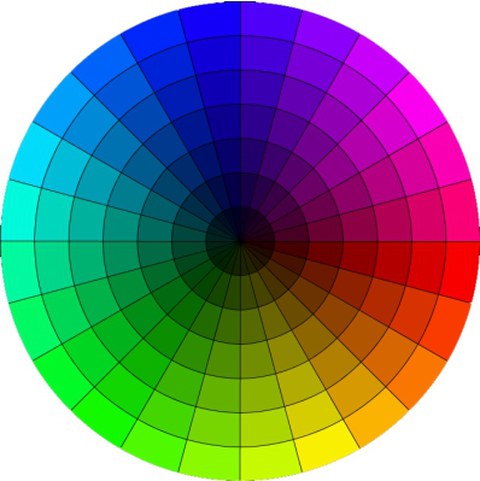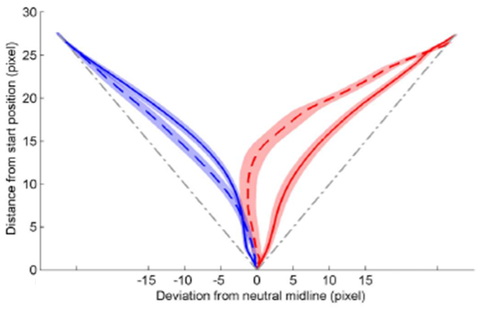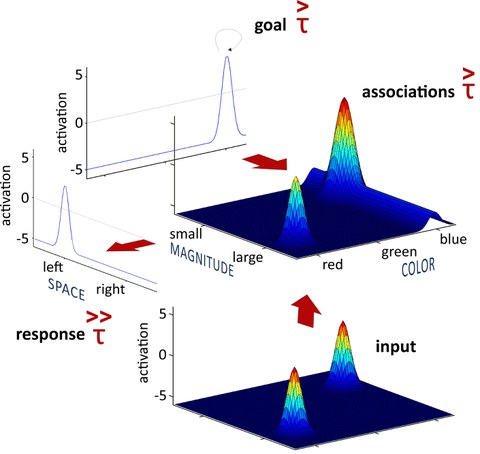DFG project "Die kontinuierliche Dynamik von Zielen" ("The continuous dynamics of goals")
In every waking moment of our lives, we are confronted with a wealth of sensory impressions. Our behavior is shaped by the interplay of our goals and intentions with events in the environment: on the one hand, goals structure our perception of the environment and the way we react to it; on the other hand, events in the environment can modulate goals or - if they are strong enough - even override them. The aim of our DFG project „Die kontinuierliche Dynamik von Zielen“ is to better understand these dynamics of goal-directed behavior.
Our research agenda is aimed at answering two sets of questions:
(1 ) How are goals represented in the cognitive system?
(2 ) How do these goal representations influence continuous behavior over time?
At the center of question set (1) is the hypothesis that goals are represented as continuous patterns of activation in working memory. We test this assumption in a series of innovative behavioral experiments. For example, we investigate the extent to which switching between goals is facilitated or impeded by their similarity and whether goal representations - similar to non-intentional content in working memory - can be modulated by external factors.
The core of question set (2) is the assumption that stimulus-driven (bottom-up) and intention-driven (top-down) sub-processes of goal-directed action control unfold dynamically over time . Our aim is to map these temporal dynamics and thus gain deeper insights into the mechanisms of volitional action control. To this end, we employ various cognitive psychological paradigms that place different demands on the underlying stimulus- and intention-driven processes. The focus is on the continuous recording of response behavior in the course of individual trials of these paradigms. To this end, we combine a number of continuous-time measurement methods (e.g. movement trajectories, eye movements and frequency-marked activation in the EEG) in order to map both the continuity of overt behavior and the dynamics of the underlying attention-related processes in their temporal course.
In parallel to the empirical part of our research program, we will investigate both sets of questions in several modeling studies. Our goal is to develop continuous models of goal-directed behavior that allow us to investigate the control of continuous goal representations in continuous time. To this end, we use dynamic neural fields - a biologically plausible modeling approach that conceives of cognition as a continuous phenomenon that is tightly coupled with sensory and motor processes. Our models should not only represent a formal implementation of our theoretical assumptions and validate them, but also provide new hypotheses on the dynamics of goal-directed behavior, which will be tested in further empirical work. We are convinced that this close integration of continuous modeling with continuous behavioral measurement will provide new insights into the dynamic control of intentional actions.



